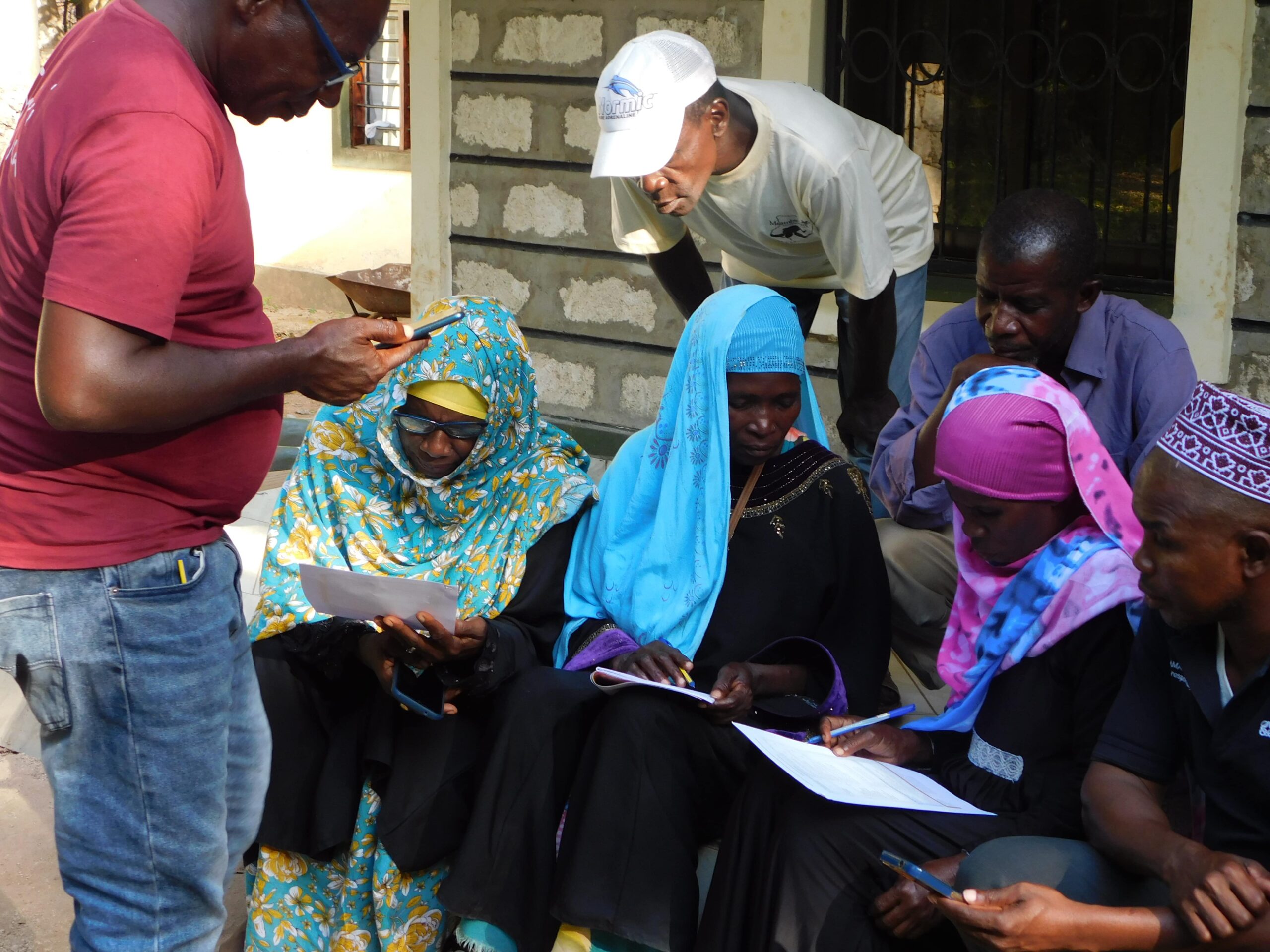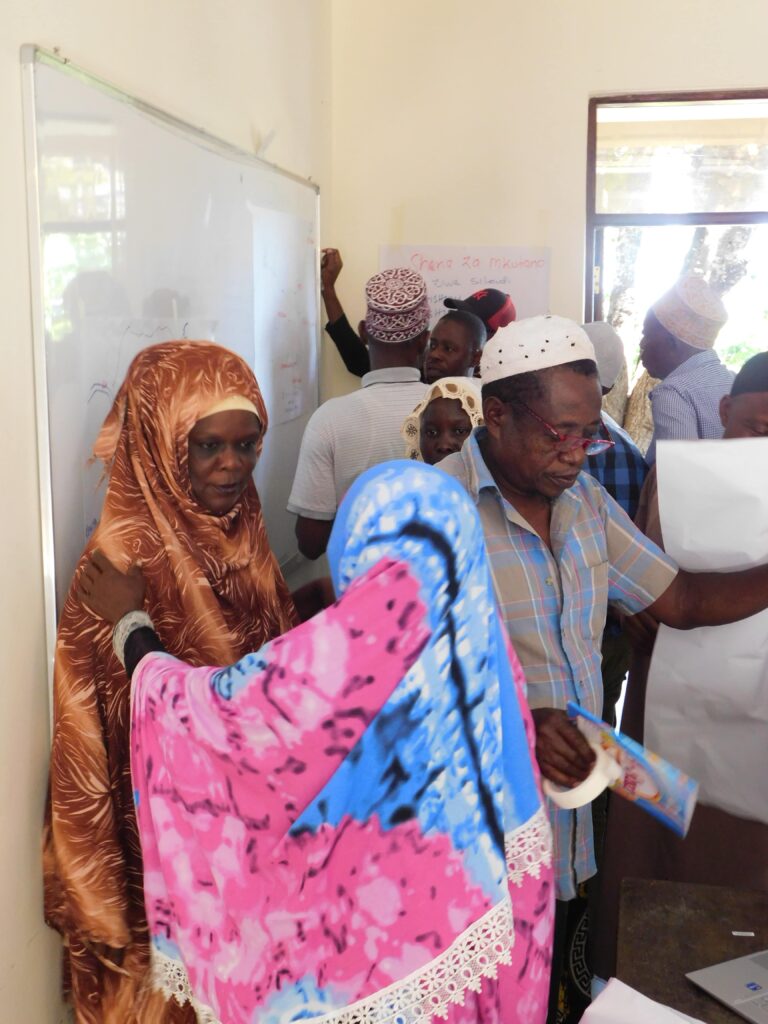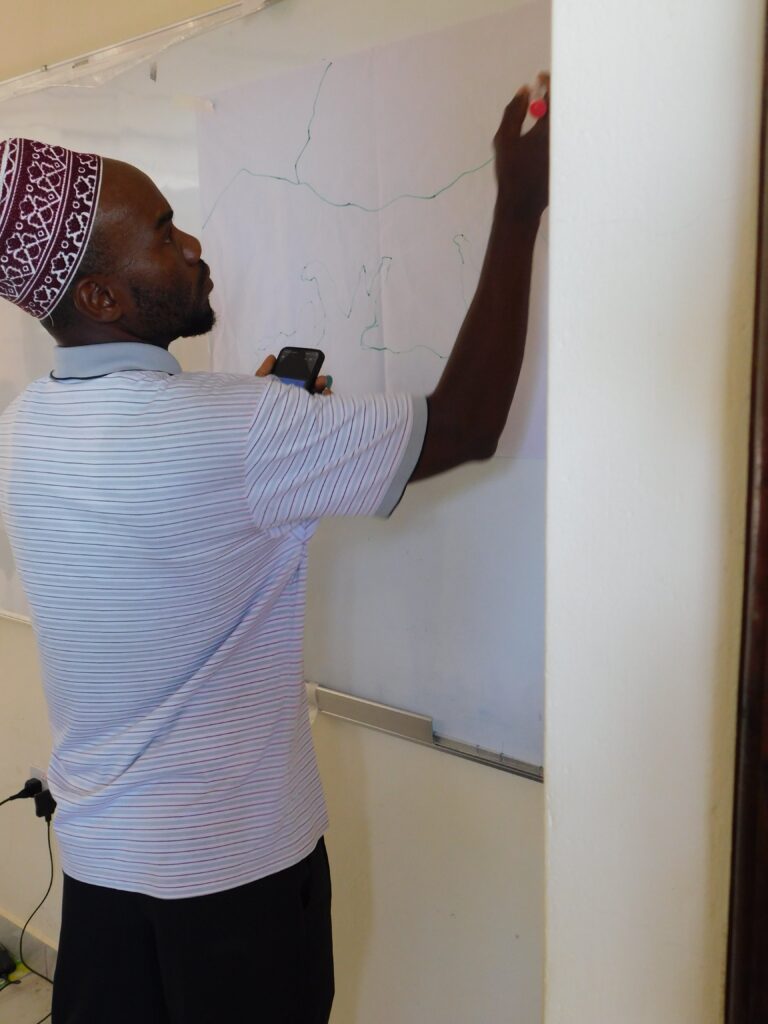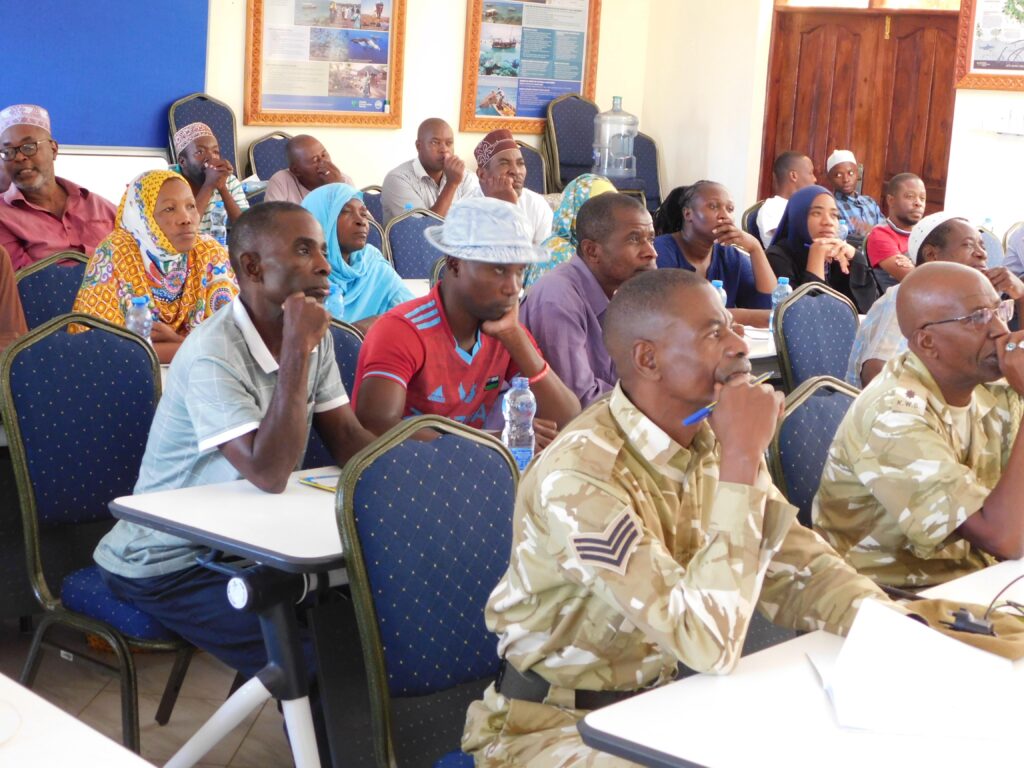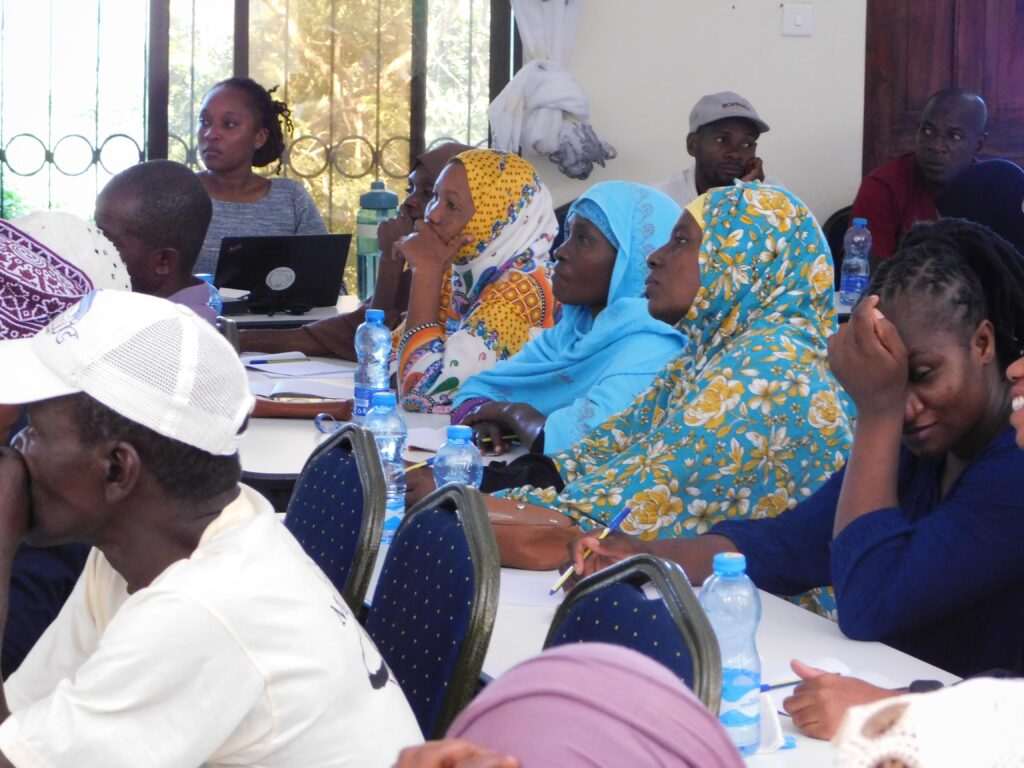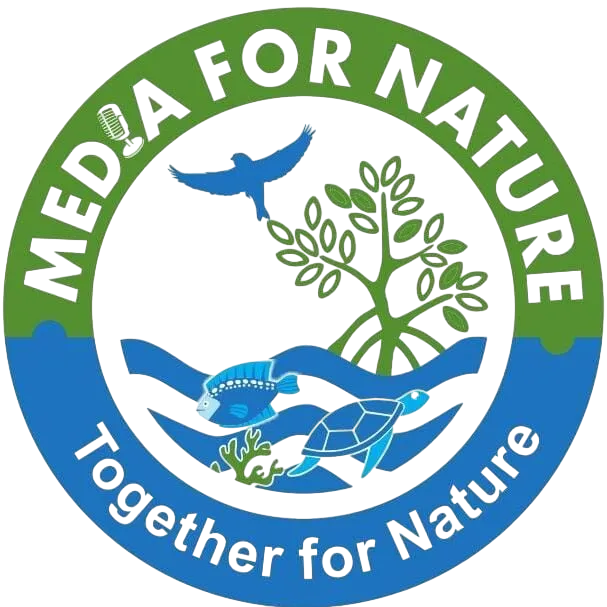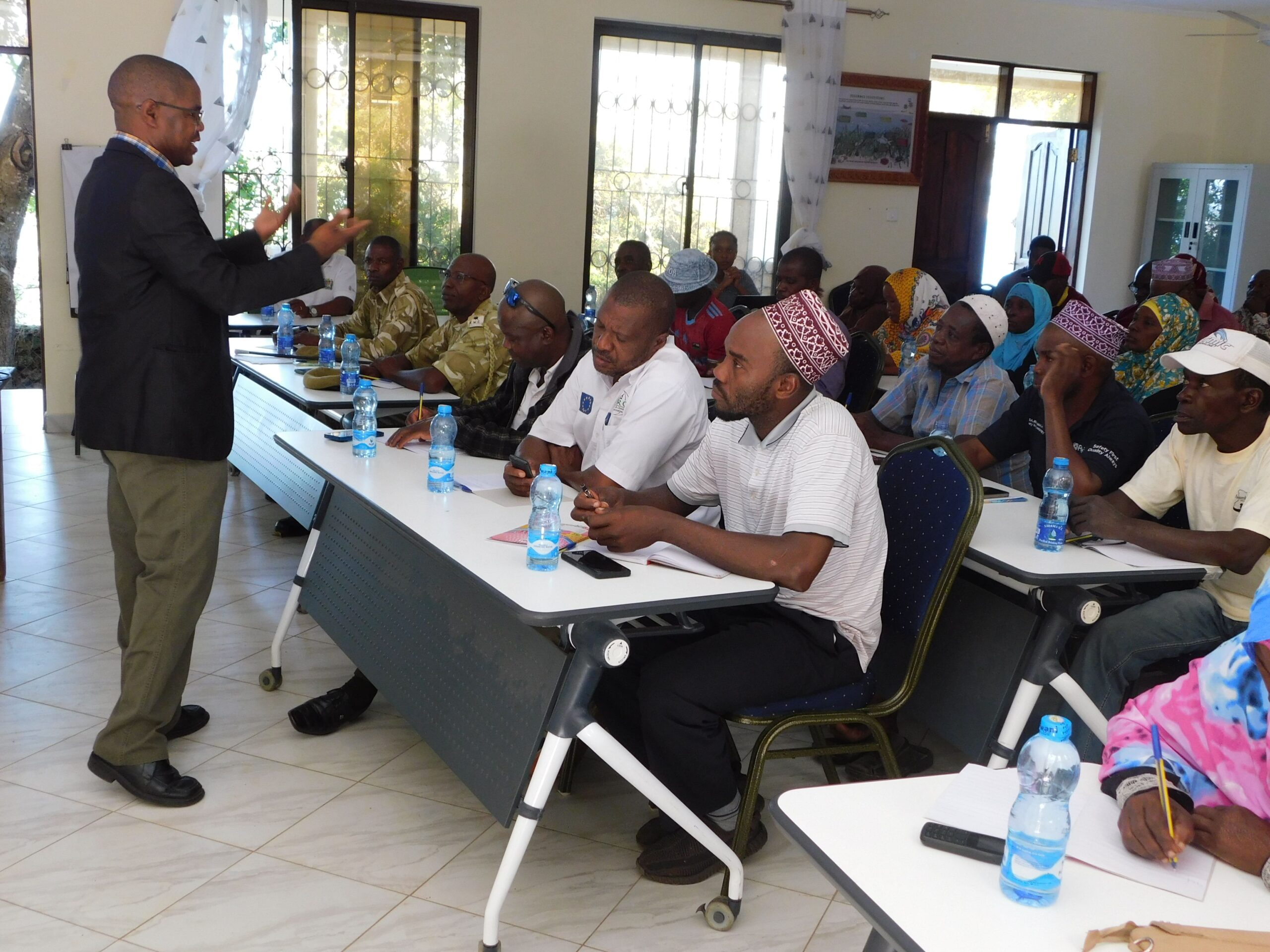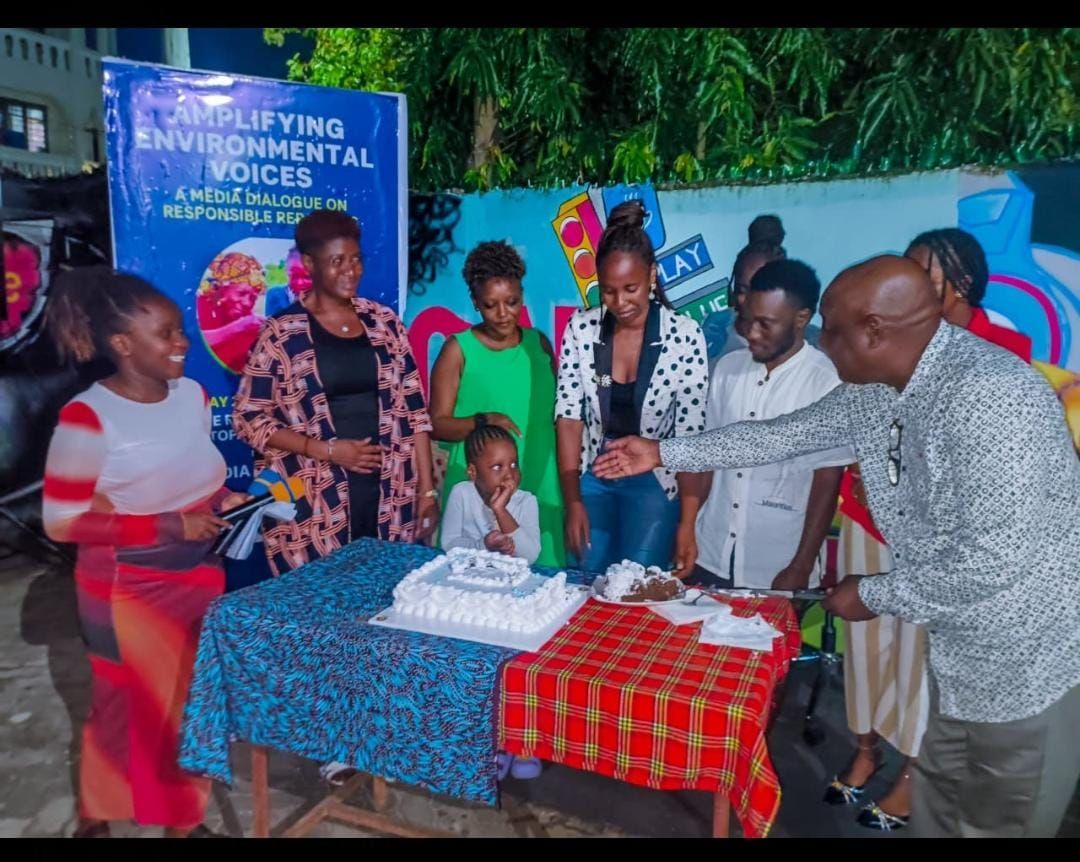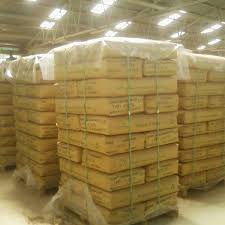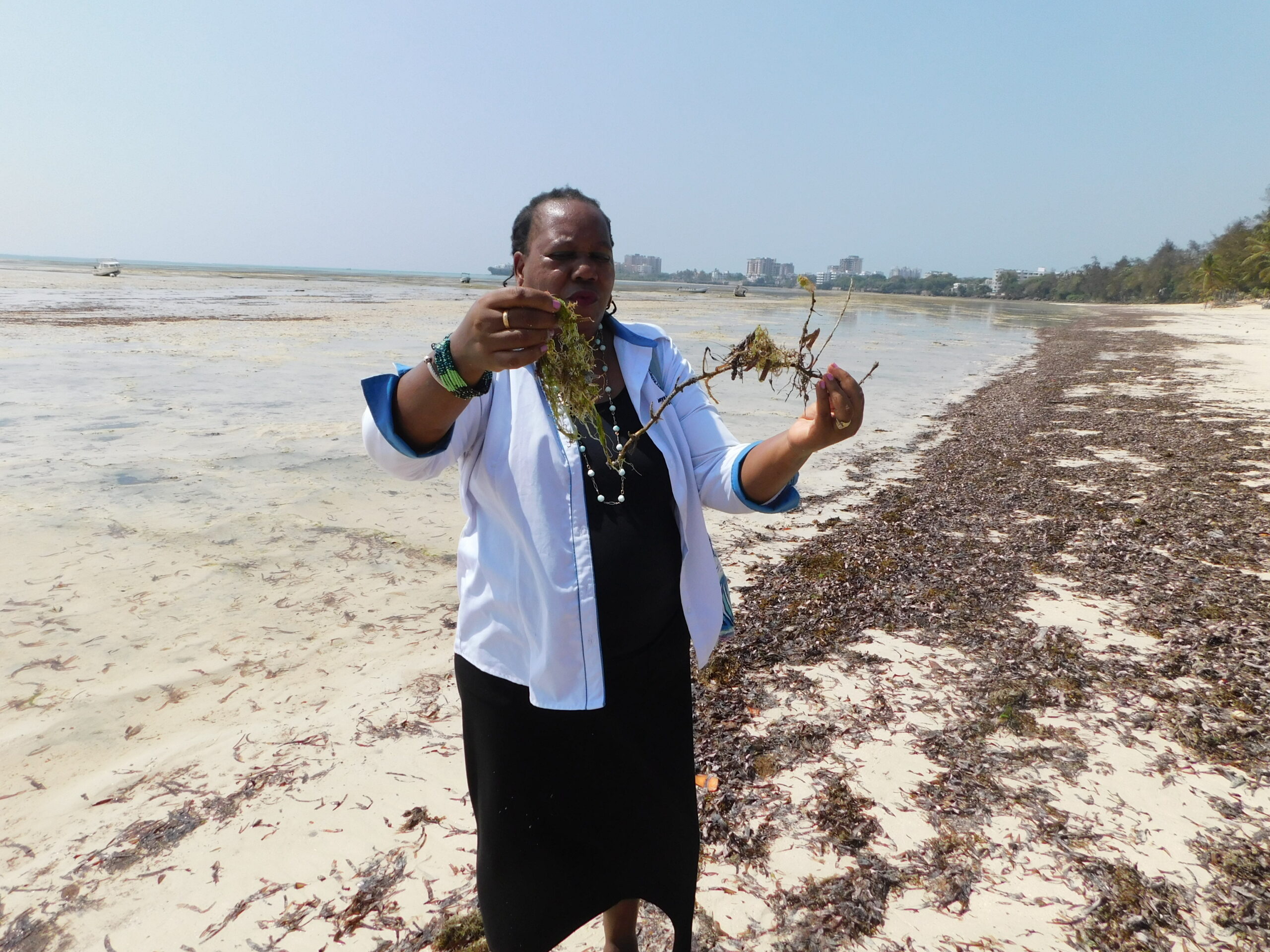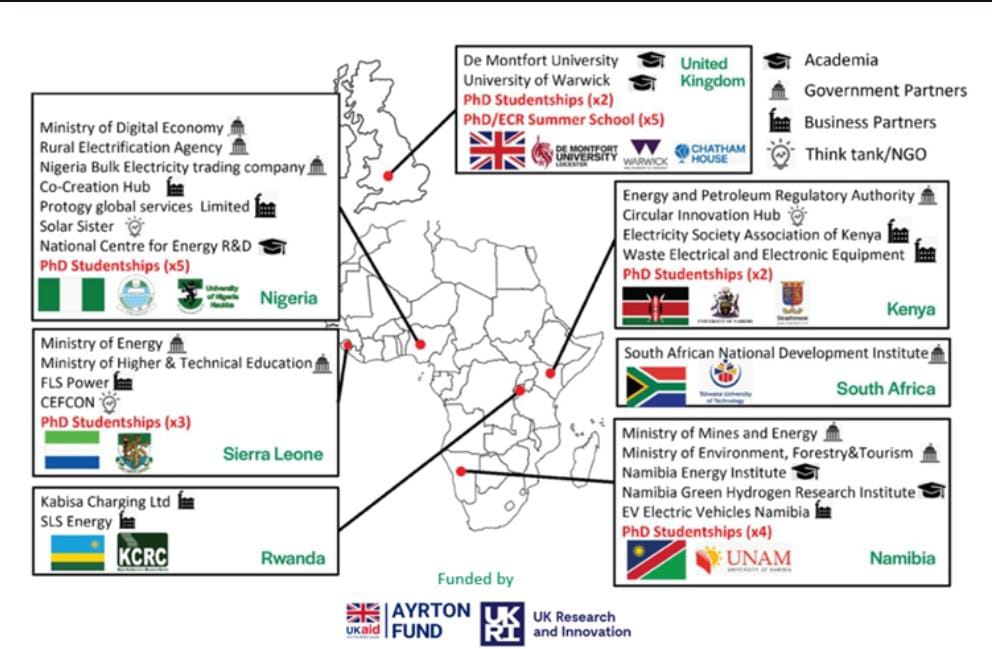Project Manager Richard Bemaronda taking participants through the UNDP GEF Small Grants Programme during the Baseline and Site Strategy Workshop in Shimoni. Photo Credit, Mazera Ndurya
Community Action for Nature Conservation (CANCO) is implementing a three-year project funded by the United Nations Development Project (UNDP) through Global Environment Facility (GEF) Small Grants Programme within the Shimoni-Vanga, Bodo, Mwandamu, Funzi Seascape in Kwale County, on the Kenyan coast region.
The project dubbed GEF 7 comes after the completion of GEF 6, is aimed at involving communities in managing the environment.
Project Manager Richard Bemaronda says: “This project is focusing on management of the marine resources in terms of livelihoods, biodiversity, knowledge and innovation, governance and social equity and diversity in the five areas with 20 indicators. The communities will be able to generate proposals from these themes. The project targets small groups such as women and youth groups, self-help groups, and Community Based Organizations (CBOs), Community Forests Associations (CFAs), Beach Management Units (BMUs), NGOs and special interest groups among other community groups found within the Seascape.”
CANCO is the strategic partner in the project and once the call for proposals has been declared, its role will be to circulate the information to the seascape groups then take them through on how to develop the proposals that can meet the standards required.
Bemaronda spoke in Shimoni during a one day workshop to develop a baseline and come up with a site strategy that will look into issues of resources, development, challenges and use the strategy to assist small groups to generate ideas for writing proposals.
“The projects must come from the community. They will be able to identify the resources, challenges and solutions so that the funds they get will help them solve the problems facing their areas. The most important thing is to see that the funds are used properly for sustainable development for the present and future generations. There are issues such as climate change that the communities must be fully involved in to ensure that they use alternative sources of livelihood to reduce its effects on health, agriculture and the economy,”
The projects will focus on restoration and rehabilitation of mangrove degraded areas, eco-tourism, coral reef restoration, implementation of participatory forest management plans, alternative fuel efficiency stoves, implementation of improved water treatment technology, waste management, seaweed farming and fisheries value chain upgrade.
See How everything happened:
